Since launching our grantmaking activities in 2014, we have awarded over $26.4 million in support of our research priorities: access, affordability, and the value of legal education.
Awarded Grants
Grant Program
Grant Status
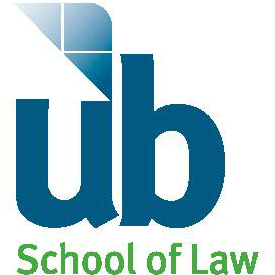
University of Baltimore School of Law
The University of Baltimore School of Law, Charles Hamilton Houston Scholars Program helps underrepresented college freshmen and sophomores develop the academic skills needed to improve undergraduate performance and enhance opportunity for admission to, and success in, law school. Grant funding will support efforts to enhance a three week academic readiness course, establish long term mentoring and networking relationships for students, provide continued support to students throughout college, and provide guidance and direction to complete the application process and enroll in law school.
To read more, please visit http://law.ubalt.edu/admissions/diversity/chhsp/
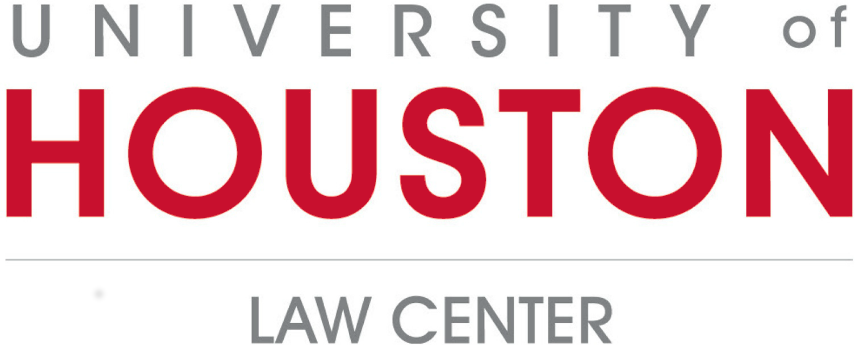
University of Houston Law Center
The University of Houston Law Center Pre-Law Pipeline program is designed to increase the diversity of law school applicants by providing law school preparatory resources–LSAT preparation, introductory law school classes, internships, and professional development sessions–for undergraduate students who are first generation, low income, or members of groups underrepresented in the legal profession. Grant funding will support the administration of the eight-week on-campus summer program and internship. Funding will also support expanded recruitment of students from minority serving institutions.
To read more, please visit http://www.law.uh.edu/pipeline/
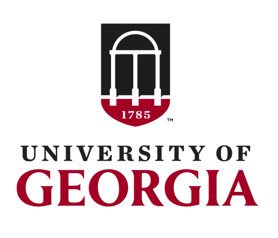
University of Georgia
A $50,000 research grant was awarded to Associate Professor of Higher Education Karen Webber, with the University of Georgia, to examine the increase in graduate student debt between 2008 and 2012.
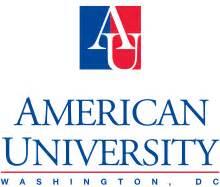
American University
A $49,000 research grant was awarded to Seth Gershenson, assistant professor at American University, to explore whether the demographic match between law school instructors and students affects students’ academic progress and career paths.
To read more, please visit Stereotype Threat, Role Models, and Demographic Mismatch in an Elite Professional School Setting
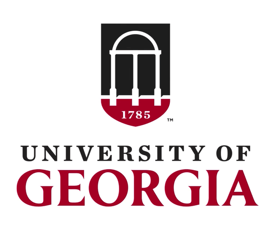
University of Georgia
A $50,000 research grant was awarded to Manuel Gonzalez Canche, assistant professor at the University of Georgia, to estimate the effect of losing the federal loan subsidy on debt accumulation for law and professional students.
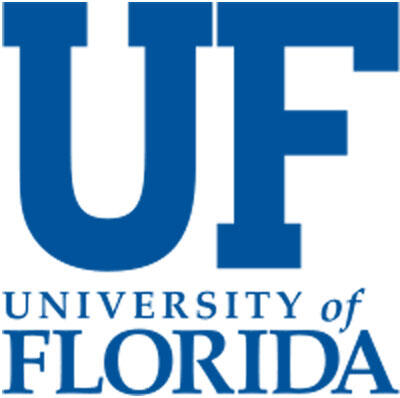
University of Florida
A $47,000 research grant was awarded to Assistant Professor Dennis Kramer, with the University of Florida, to examine the impact of need-based aid programs on the graduate and professional school enrollment of low-income students at the institutional and national levels.
To read more, please visit More Money, More Opportunities: The Impact of a No-Loan Program on the PostBaccalaureate Enrollment Decisions of Low-Income and First-Generation Students
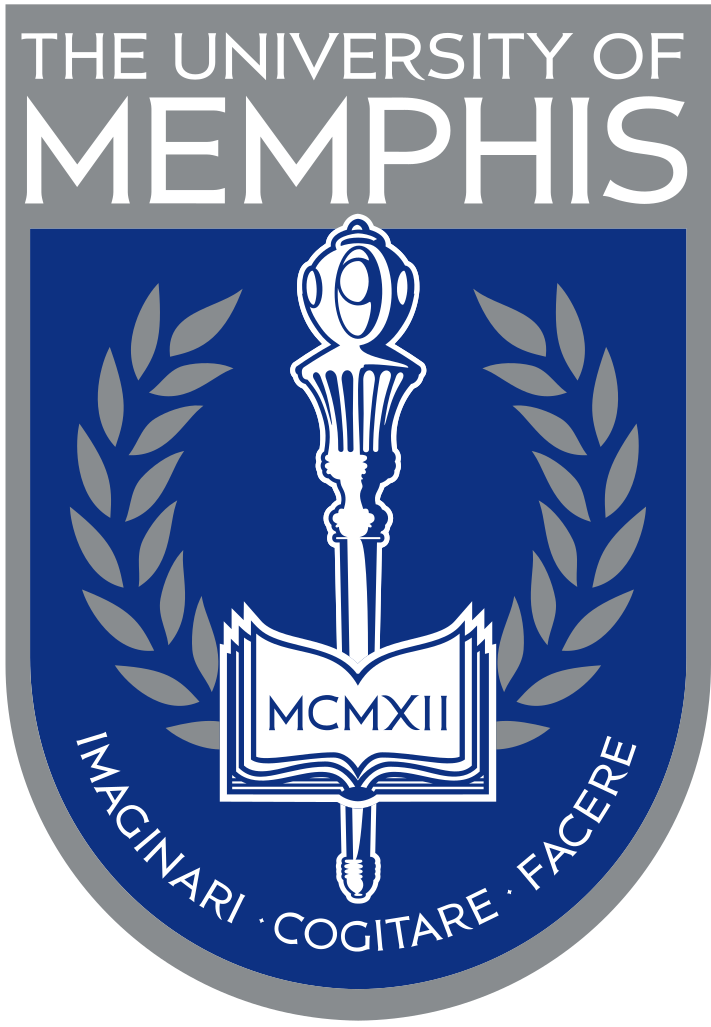
University of Memphis
A $50,000 research grant was awarded to University of Memphis Associate Professor Yonghong Xu to examine diversity in law schools and how the educational experiences of women and racial minorities contribute to their career progress in legal professions.
To read more, please visit Equality at the Starting Line? Gender- and Race-Based Differences at the Transition from Law School to the Legal Profession

University of Michigan - Ann Arbor
A $50,000 research grant was awarded to Stephen DesJardins, a professor at the University of Michigan—Ann Arbor, to address ways that law schools can use data systematically to admit students into their programs and then predict which students will actually enroll at the institution.
To read more, please visit Predicting Law School Enrollment: The Strategic Use of Financial Aid to Craft a Class
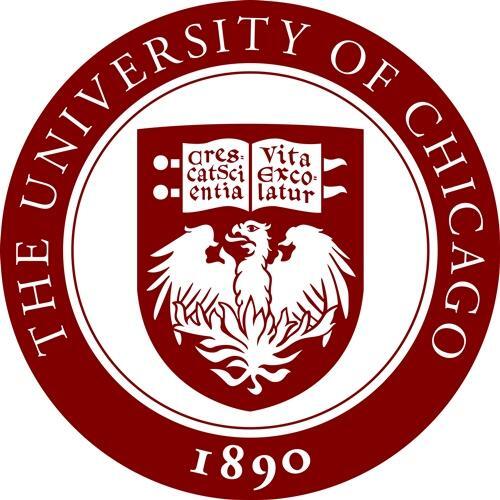
University of Chicago
A $12,400 dissertation grant was awarded to Nayoung Rim, a Ph.D. student at the University of Chicago, to study the effect of Title IX on gender disparity in legal education and other graduate and professional education.
To read more, please visit The Effect of Title IX on Gender Disparity in Graduate Education



